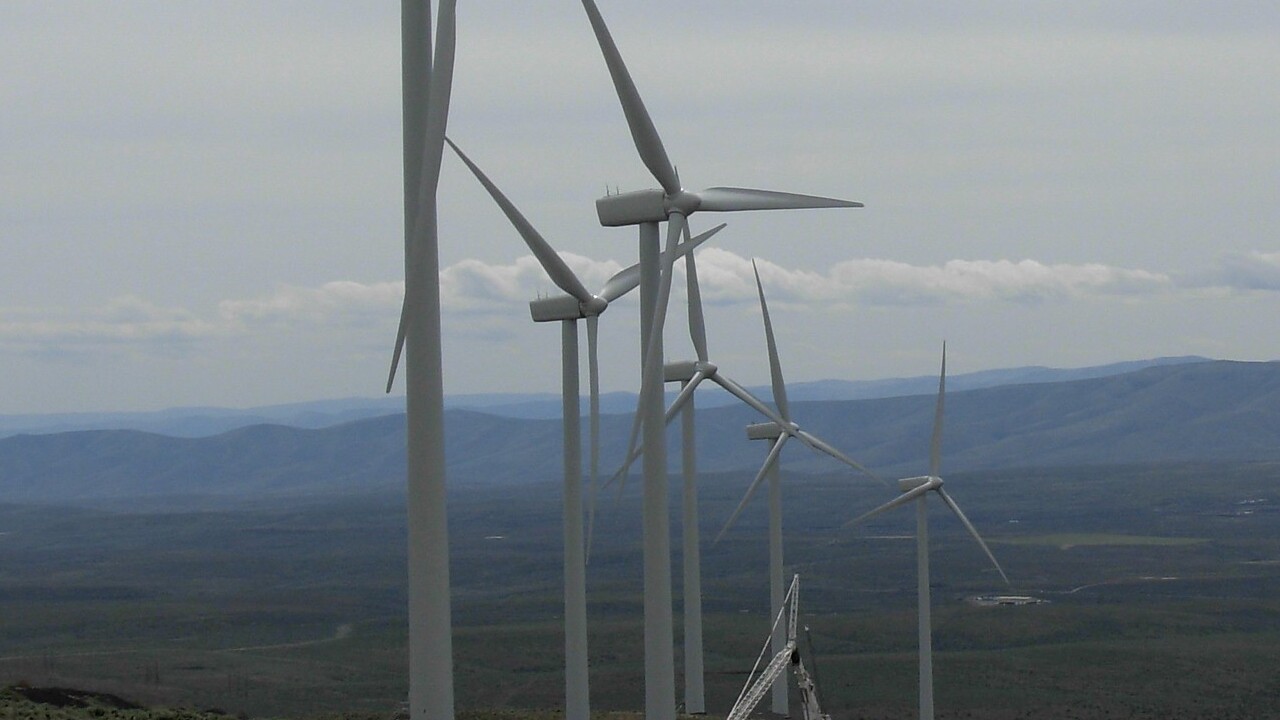Today, Environmental, Social, and Governance (ESG) divesting in fossil fuels is all the rage on Wall Street. Both President Biden and the United Nations support allowing banks and investment giants to collude to reshape economies and our energy infrastructure.
A group supported and promoted by the United Nations, the Principals of Responsible Investment (PRI), reported 4,721 signatories from more than 135 countries had signed PRI. Collectively, these businesses, investors, and investment management firms control more than $100 trillion in assets. The PRI pact emphasizes the importance of Environmental, Social, and Governance (ESG) disclosures, and sponsors pressuring companies into ESG implementation.
While renewables continue to underperform in the generation of electricity from breezes and sunshine, the innocent bystander of crude oil that is seldom used for electricity continues to be targeted for elimination along with coal and natural gas.
Allowing banks to collude to reshape economies and lifestyles so they are in line with the preferences of banks and other financial institutions is a very dangerous precedent. People never voted to give banks this sort of control over our world.
Depriving citizens of the more than 6,000 products that were non-existent before 1900, made from the oil derivatives manufactured from crude oil, is immoral and evil as extreme shortages will result in billions of fatalities from diseases, malnutrition, and weather-related deaths.
How dare these ESG-aligned banks and investment giants, in the healthier and wealthier countries, insist that we should limit poor countries’ future access to fossil fuels? Cheap, reliable, accessible power, and products from fossil fuels are lifesaving, and one of the best ways out of poverty.
The domino effects of tinkering with the supply chain of fossil fuels are supply shortages and soaring prices for not only electricity, but for the thousands of products manufactured from crude oil.
Unintended consequences of the ESG rage ridding the world of crude oil use would be the restricted supply and/or elimination of products and fuels manufactured from crude oil that support:
- Asphalt for roughly 65 million miles of roads in the world.
- Tires for the 1.4 billion vehicles in the world.
- Fertilizers to feed the 8 billion people in this world on an increasingly resource-stretched and crowded earth.
- Medical supplies that are primarily made from oil derivatives
- Jets that comprise more than 50,000 for military, commercial, and private air travel, as well as President Biden’s Air Force One.
- Merchant ships that comprise more than 53,000, which transport products throughout the world
- Vehicles that are mostly made of plastics.
- Wind turbines and solar panels that are made from oil derivatives.
Getting-off-fossil fuels would reverse much of the progress made over the past few centuries. The inventions of the automobile, airplane, and the use of petroleum in the early 1900s led us into the Industrial Revolution and victories in World Wars I and II. The healthier and wealthier countries of today now have more than 6,000 products that did not exist a few hundred years ago, all manufactured from petroleum derivatives.
Over the past couple of centuries, the prosperity in the wealthier and healthier countries who use fossil fuels has reduced infant mortality, extended lifespans from 40 years to more than 80, allowed us to move to anywhere in the world via planes, trains, ships, and vehicles, while virtually eliminating weather related fatalities.
Without fossil fuels, we can easily see today, just by observing world’s poorest countries, what lifestyles are like without the thousands of products from oil derivatives, where more than 11 million children die every year. Those fatalities, in decarbonized developing countries, are from the preventable causes of diarrhea, malaria, neonatal infection, pneumonia, preterm delivery, or lack of oxygen at birth, as many developing countries have no, or minimal, access to those products from oil derivatives enjoyed by the wealthy and healthy countries.
A complex trade-off associated with policy choices of moving too quickly to intermittent electricity from breezes and sunshine is that abandoning fossil fuels will further deprive and/or delay from providing at least 80 percent of humanity, or more than 6 billion in this world living on less than $10 a day, from enjoying the same products that benefit the wealthy and healthy countries.
As Environmental, Social, and Governance (ESG) divesting in fossil fuels progresses, banks and investment giants have short memories of petrochemicals’ golden goose contributions to societies that were responsible for the world populating from 1 to 8 billion in less than 200 years. Efforts to cease the use of crude oil could be the greatest threat to civilization, not climate change, and lead the world to an era of Extreme Shortages Guaranteed (ESG) like we had in the decarbonized world in the 1800s.
It’s time for the people to demand anti-ESG bills from their legislatures and put a stop to the banks that are colluding to reshape economies and lifestyles, and inflicting shortages and inflation on working folks.
Stopping Socialism is a project of The Heartland Institute and The Henry Dearborn Center for Human Rights, a nonprofit association of professionals and scholars.






